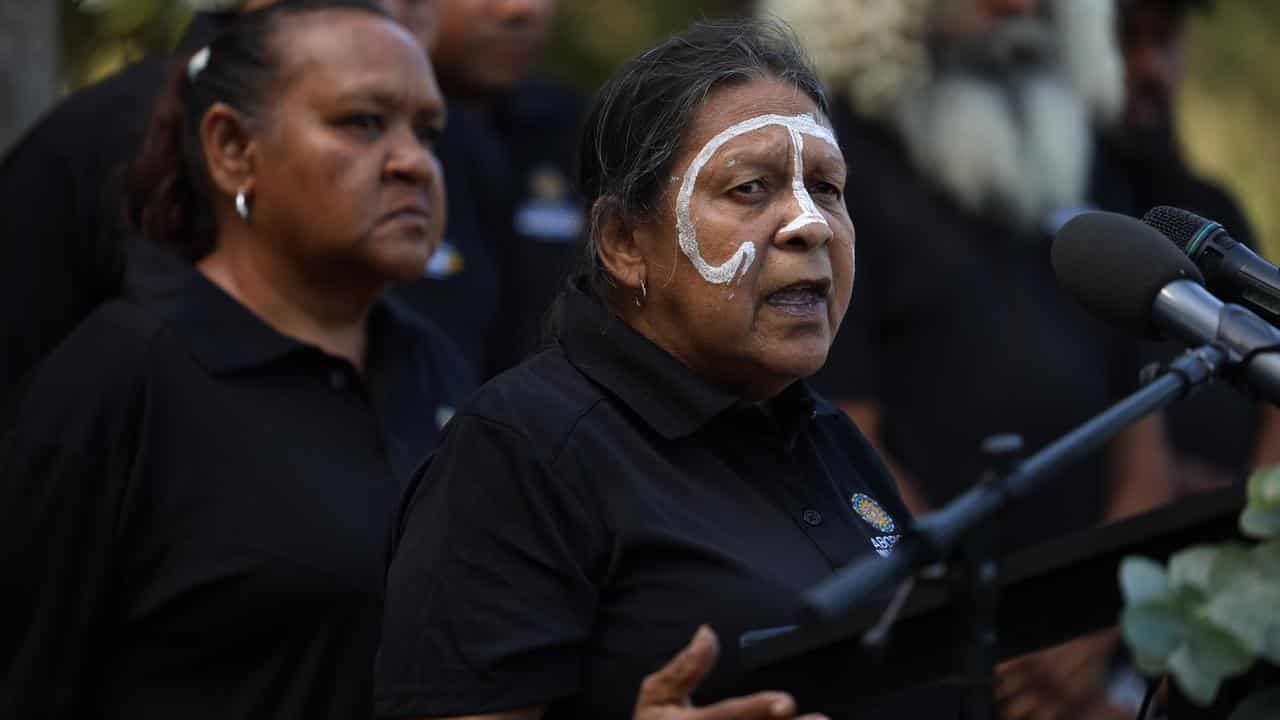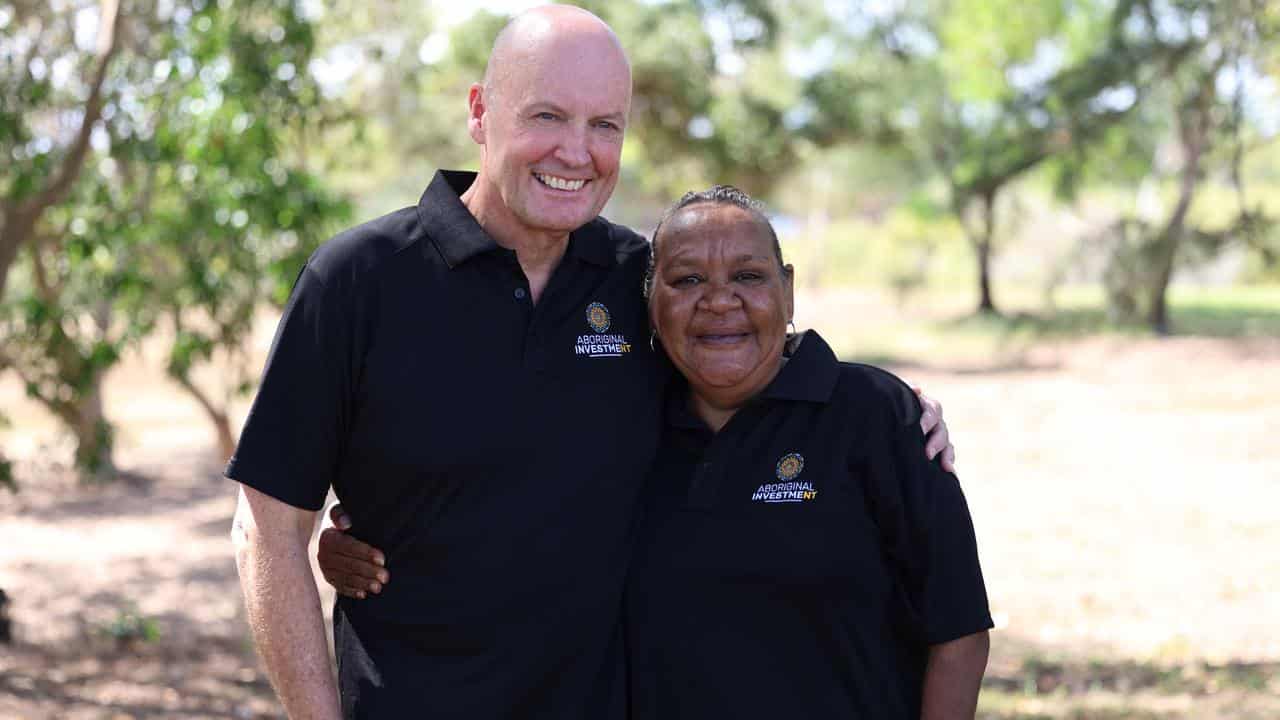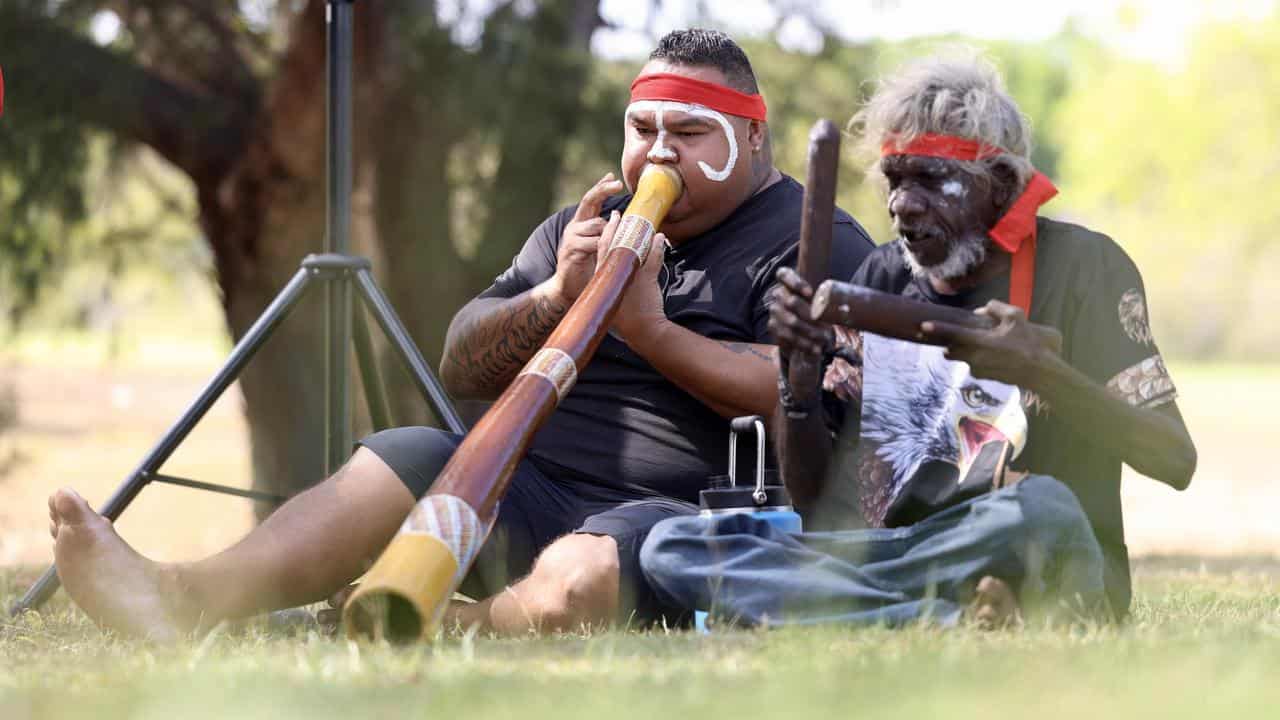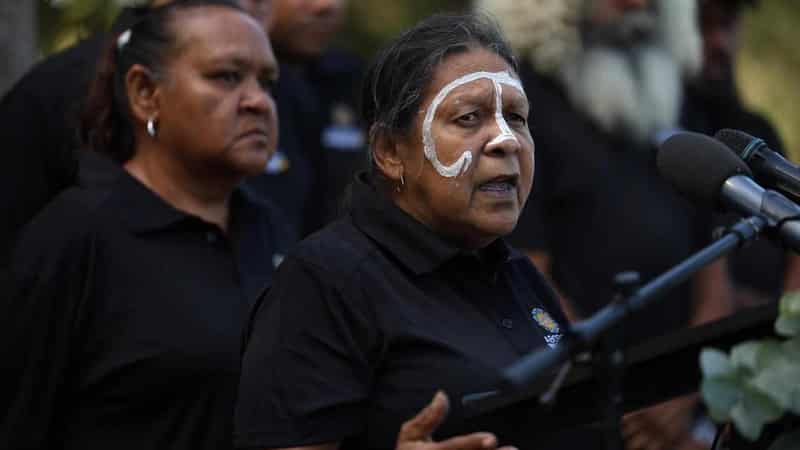
There is a new era in self-determination for First Nations people with more than half a billion dollars in grants being unlocked for Aboriginal-led projects in their own communities.
Aboriginal Investment NT has rolled out its inaugural five-year strategic plan to invest $655 million in projects that will boost wealth and wellbeing across Aboriginal-backed businesses and organisations.
The funds are Aboriginal money garnered from royalties under the NT Land Rights Act which, until last year, had been locked up in the federally run Aboriginal Benefit Account.
That fund had previously come under fire over allegations the money was not being reinvested into the communities it belonged to and that the decision-making process was Canberra-based.

Aboriginal Investment NT co-chairperson Barbara Shaw said this was old money that had now returned to the control of Aboriginal people for investments in Aboriginal communities.
“We are an Aboriginal-led organisation which is now taking on and having Aboriginal hands control Aboriginal monies that has been locked away in federal treasury in Canberra for decades,” she said.
The five year plan will invest capital across two funds - a community fund and future fund - that will operate together to deliver projects that will have immediate impact and grow sustainable funding for future generations.
Commonwealth-appointed board member, Justin Ryan, described the five-year strategic plan as "bold".
“Aboriginal self-determination is at the heart of everything we do. It's the foundation of our Future Fund, in which millions of Aboriginal dollars will be invested for current and future generations,” he said.
The launch comes just a month after Prime Minister Anthony Albanese spoke at Garma Festival, an Aboriginal cultural festival held in remote NT, about First Nations economic investment.
At the time Mr Albanese recognised the failed referendum impacts and said “building true and lasting self-determination, requires economic security ... security that exists outside of government decisions – and endures beyond them”.
It was a sentiment, Malak Malak woman and board member Joy Cardona echoed but she said there was a critical step the Prime Minister had missed.

“It's really important that we do community development before we do economic development,” she said.
“Community development in communities is the most important thing, to build our relationships up … to build our spirits, to build our dreamings, to build up culture centres, to build up culture camps, because if we're going to look for the future, we need to pass our knowledge on."
Aboriginal Investment NT chief executive Elly Patira reiterated that economic development was contingent on all parts of Aboriginal lives thriving.
“I think one of the other things that many people don't understand is there are culture-based economies that are existing in Aboriginal communities right now,” she said.
“We really see a huge opportunity to leverage those culture-based economies … we're talking about things like nature repair and carbon abatement.
"We know that there are emerging markets for those sectors and there's huge opportunities to actually make sense of economic development through a cultural lens.”









